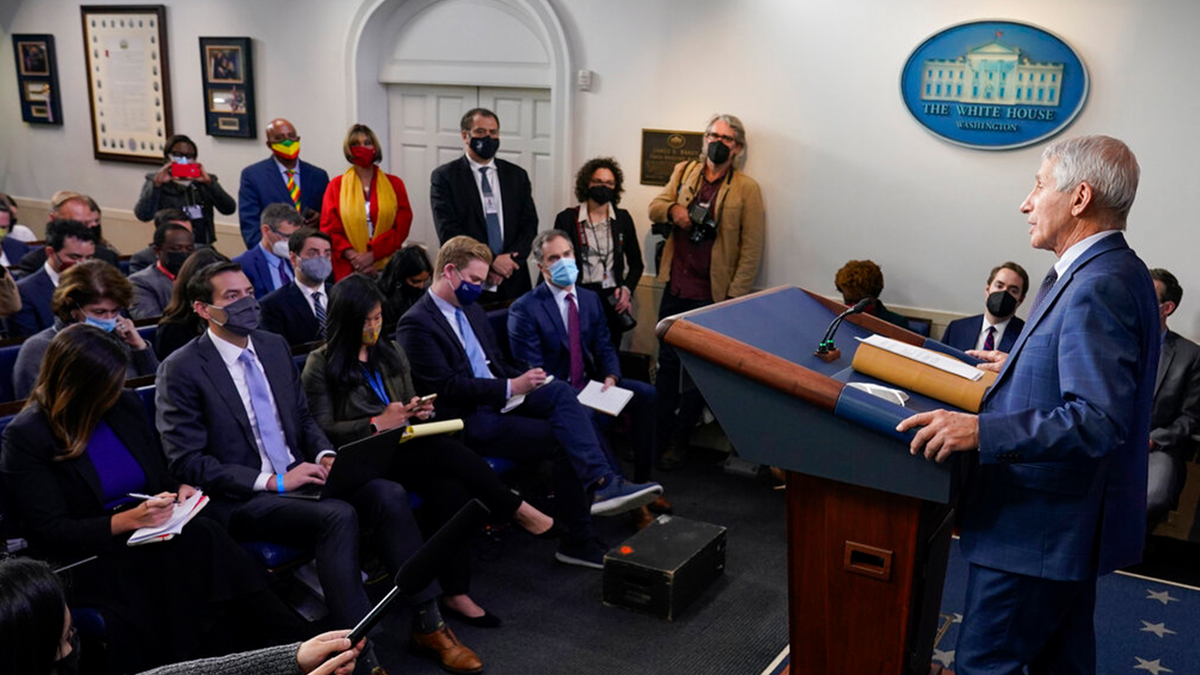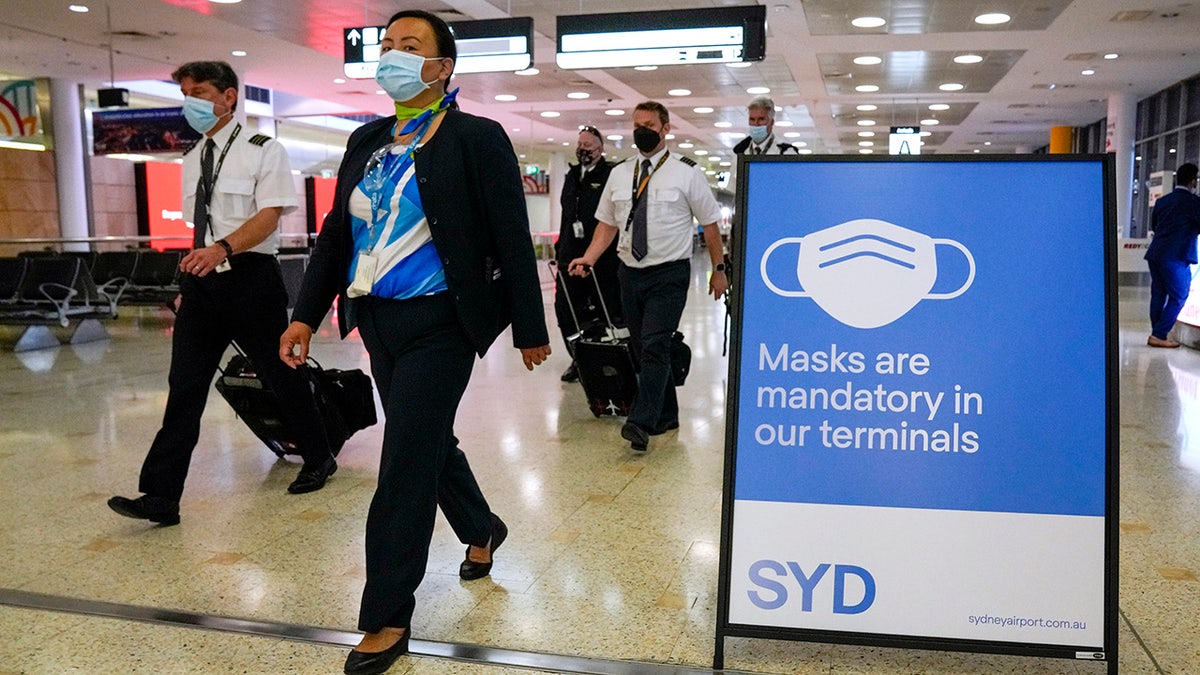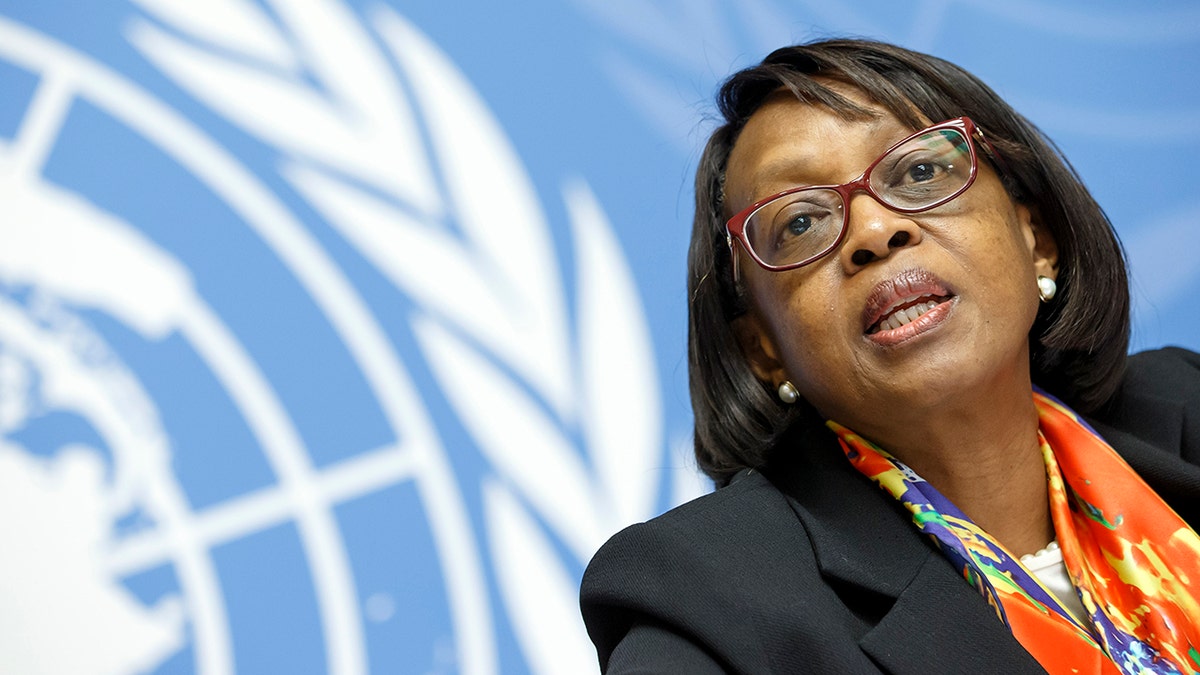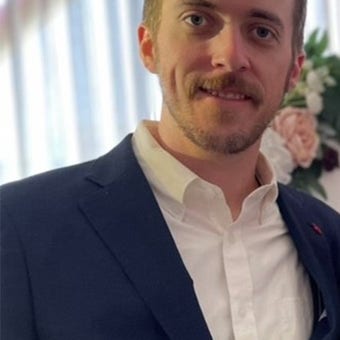Judge blocks vaccine mandate amid omicron variant
Former Assistant Health Secretary Brett Giroir on federal judge citing ‘grave risks’ to civil liberties after shooting down vaccine mandate.
A traveler who returned to California from South Africa has become the first person in the United States identified to have the omicron variant of COVID-19, officials confirmed Wednesday.
Speaking to reporters at the White House, Dr. Anthony Fauci said the person returned from South Africa on Nov. 22 and tested positive on Nov. 29. He said the person was vaccinated but had not received a booster shot and was experiencing "mild symptoms."
"We knew that it was just a matter of time before the first case of omicron would be detected in the United States," Fauci said.

Dr. Anthony Fauci, director of the National Institute of Allergy and Infectious Diseases, speaks during the daily briefing at the White House in Washington, Wednesday, Dec. 1, 2021. (AP Photo/Susan Walsh)
Officials said they had contacted everyone who had close contact with the person and they had all tested negative.
Later Wednesday, White House COVID REsponse Coordinator Jeff Zients urged people to get vaccinated, saying that the President's medical team "continues to believe that existing vaccines will provide some level of protection against severe illness from Omicron, and individuals who have gotten boosters have even stronger protection."
OMICRON: WHAT ARE THE VARIANT'S SYMPTOMS?
"This new variant is cause for continued vigilance, not panic," Zients said in a statement. "We know what it takes to limit the spread of COVID: Get vaccinated, get boosted, and take public health measures like masking and distancing."
The Biden administration moved late last month to restrict travel from Southern Africa where the variant was first identified and had been widespread. Since then, scientists around the world have been scrambling to study the risks the new virus strain poses. Clusters of cases have been identified in about two dozen other countries.

A flight crew walk through the terminal at Sydney Airport, Monday, Nov. 29, 2021. Authorities in Australia said Sunday, Nov. 28, 2021, that two travelers who arrived in Sydney from Africa became the first in the country to test positive for the new variant of the coronavirus, omicron. (AP)
Genomic sequencing was conducted at the University of California, San Francisco and the sequence was confirmed by the Centers for Disease Control and Prevention.

Matshidiso Moeti, World Health Organization (WHO) Regional Director for Africa, speaks at a press conference at the European headquarters of the United Nations in Geneva, Switzerland, on Feb. 1, 2019. (Salvatore Di Nolfi/Keystone via AP, File)
The Centers for Disease Control and Prevention is taking steps to tighten U.S. testing rules for travelers from overseas, including requiring a test for all travelers within a day of boarding a flight to the U.S. regardless of vaccination status. It was also considering mandating post-arrival testing.
Officials said those measures would only "buy time" for the country to learn more about the new variant and to take appropriate precautions, but that given its transmissibility its arrival in the U.S. was inevitable.
CLICK HERE TO GET THE FOX NEWS APP
Much remains unknown about the new variant, including whether it is more contagious than previous strains, whether it makes people more seriously ill, and whether it can thwart the vaccine. Fauci said more would be known about the omicron strain in two to four weeks as scientists grow and test lab samples of the virus.
The Associated Press contributed to this report.









































